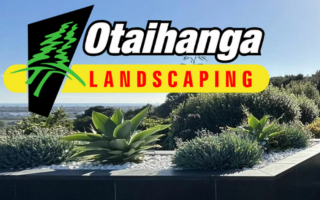Greater Wellington Regional Council is advising people not to swim or walk dogs off-lead in and around the Waikanae River below SH1 due to high levels of toxic algae.
Latest assessments show that toxic algae exceed safe levels in the river west of SH1, where river stones are covered and detached mats have been seen.
“With continuing warm weather and a dry spell, we are seeing late season growth, so we are urging people to be careful near the Waikanae River in particular, says Dr Mark Heath, Senior Environmental Scientist at Greater Wellington.”
Toxic algae are below warning levels in all other monitored waterways throughout the region.
Given the rapid growth of toxic algae, and its potential change in coverage between weekly monitoring points, people are also urged to be able to recognise and avoid it. They should check out information signs around popular swimming holes and visit Greater Wellington’s Is it Safe to Swim? website and Facebook page for more information about, and images of, toxic algae.
Toxic algae grow on submerged river stones in a shiny brown/dark green coating. When it dies it floats to the surface and forms small brown mats at the water’s edge. It is important to keep an eye on babies and toddlers who are inclined to put objects in their mouths, and dogs are naturally drawn to its odour. Anyone who swallows toxic algae should seek medical attention.
High levels of toxic algae found in Waikanae River
Greater Wellington Regional Council is advising people not to swim or walk dogs off-lead in and around the Waikanae River below SH1 due to high levels of toxic algae.
Latest assessments show that toxic algae exceed safe levels in the river west of SH1, where river stones are covered and detached mats have been seen.
“With continuing warm weather and a dry spell, we are seeing late season growth, so we are urging people to be careful near the Waikanae River in particular, says Dr Mark Heath, Senior Environmental Scientist at Greater Wellington.”
Toxic algae are below warning levels in all other monitored waterways throughout the region.
Given the rapid growth of toxic algae, and its potential change in coverage between weekly monitoring points, people are also urged to be able to recognise and avoid it. They should check out information signs around popular swimming holes and visit Greater Wellington’s Is it Safe to Swim? website and Facebook page for more information about, and images of, toxic algae.
Toxic algae grow on submerged river stones in a shiny brown/dark green coating. When it dies it floats to the surface and forms small brown mats at the water’s edge. It is important to keep an eye on babies and toddlers who are inclined to put objects in their mouths, and dogs are naturally drawn to its odour. Anyone who swallows toxic algae should seek medical attention.








































